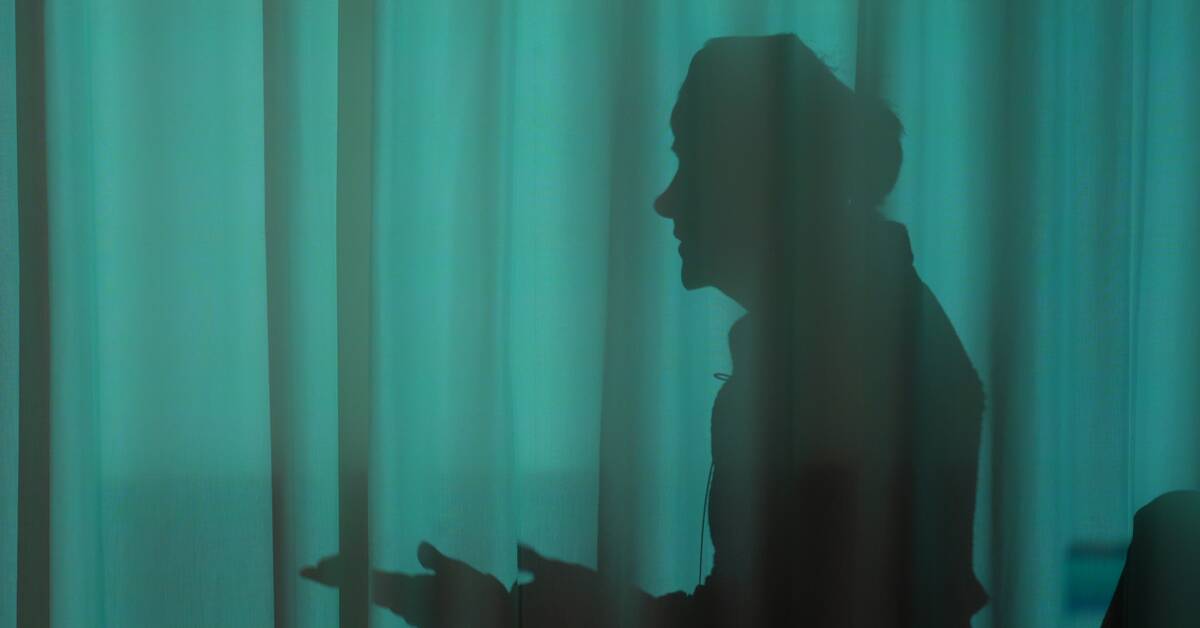Actually, "Ivan" is called something else.
He wants to remain anonymous for fear of the day he might be forced to go back.
When his asylum application was rejected, he applied for a temporary work permit, which was granted.
But "Ivan" worries about the day it expires.
Especially considering the stricter LGBTQ laws in Russia.
Previously, the law meant that you may not spread so-called "LGBTQ propaganda" directed at children.
But now the law also applies to "propaganda" directed at adults.
- I don't understand how the Swedish Migration Agency thinks.
I asked if it is not obvious to them what is happening from the news coming from Russia, says "Ivan".
RFSL: Not alone in being rejected
According to the RFSL, "Ivan" and his partner are not alone in being rejected.
- The cases are rejected on the basis that, according to the Swedish Migration Agency and the migration courts, LGBTQI people from Russia are generally not considered to be at risk of persecution in their home country.
They judge that it is not a serious enough situation in the country, says Aino Gröndahl, asylum law lawyer at RFSL.
- At the same time, testimonies and country reports show that there is widespread violence against LGBTQI people in the country, Gröndahl continues.
But the Migration Agency believes that it is not always enough that there is widespread violence in the country, but an individual assessment must be made on a case-by-case basis.
- The Swedish Migration Agency makes individual assessments in all cases, which means that each applicant must make it likely that he or she has a well-founded fear of persecution or serious harm upon returning to their home country, in this case Russia, says Annica Dahlqvist, acting press manager at the Swedish Migration Agency, to SVT News.

